
8 Simple Yet Highly Effective Tips to Stop Snoring
Snoring is more than just a nighttime nuisance; it can be a sign of underlying health issues and can significantly impact the quality of sleep for both the snorer and their partner. While some cases may require medical attention, many instances of snoring can be alleviated with straightforward lifestyle changes and home remedies. Here are eight practical tips to help you stop snoring and enjoy a more restful night's sleep.
1. Change Your Sleeping Position
Sleeping on your back can cause your tongue and soft palate to collapse to the back of your throat, partially obstructing your airway and leading to snoring. To prevent this:
-
Sleep on your side: This position helps keep your airway open.
-
Use a body pillow: A full-length pillow can help maintain side-sleeping throughout the night.
-
DIY anti-snore shirt: Sew a tennis ball or a small, soft object into the back of your pajama top. When you roll onto your back, the discomfort will encourage you to turn back onto your side.
2. Lose Excess Weight
Carrying extra weight, especially around the neck and throat area, can increase the likelihood of airway obstruction during sleep, leading to snoring. Losing even a small amount of weight can reduce or eliminate snoring. Incorporate a balanced diet rich in fruits and vegetables, and engage in regular physical activity to achieve and maintain a healthy weight.
3. Avoid Alcohol and Sedatives Before Bed
Alcohol and sedative medications relax the muscles in your throat, which can interfere with the airflow and exacerbate snoring. It's advisable to avoid consuming these substances at least 4–5 hours before bedtime. If you are taking sedatives for medical reasons, consult your doctor about alternative options or adjustments to your treatment plan.
4. Maintain a Humidified Sleep Environment
Dry air can irritate the membranes in your throat and nasal passages, increasing the likelihood of snoring. Using a humidifier in your bedroom can help keep the air moist and reduce snoring. Additionally, regular cleaning of air conditioning units and humidifiers can prevent the buildup of dust and mold, which can also contribute to snoring.
5. Practice Nasal Hygiene
Nasal congestion can force you to breathe through your mouth during sleep, leading to snoring. To alleviate this:
-
Use a saline nasal spray or rinse: This can help clear nasal passages and reduce congestion.
-
Consider nasal strips: These can help open nasal passages and improve airflow.
-
Address allergies: Managing allergies with appropriate medications can reduce nasal congestion and snoring.
6. Quit Smoking
Smoking irritates the mucous membranes in the throat and nasal passages, leading to inflammation and increased snoring. Quitting smoking not only improves your overall health but can also significantly reduce or eliminate snoring. Seek support from healthcare professionals or smoking cessation programs to help you quit.
7. Elevate Your Head While Sleeping
Sleeping with your head elevated can help keep your airway open and reduce snoring. Use a wedge pillow or adjust the head of your bed to raise your upper body by about 30 degrees. Avoid using too many pillows, as this can cause neck strain and potentially worsen snoring.
8. Incorporate Relaxation Techniques Before Bed
Stress and anxiety can lead to disrupted sleep patterns and increased snoring. Engaging in relaxation practices before bedtime can help calm your mind and improve sleep quality:
-
Practice deep breathing exercises: Techniques like the 4-7-8 method can promote relaxation.
-
Try meditation or gentle yoga: These practices can reduce stress and prepare your body for restful sleep.
-
Establish a calming bedtime routine: Activities such as reading, taking a warm bath, or listening to soothing music can signal your body that it's time to wind down.
Conclusion
Snoring is a common issue that can affect the quality of sleep and overall health. Implementing these eight simple yet effective strategies can help reduce or eliminate snoring, leading to better sleep for both you and your partner. If snoring persists despite these measures, it may be indicative of a more serious condition such as sleep apnea, and consulting a healthcare professional is recommended.
News in the same category


A couple was both diagnosed with lung cancer, leaving the doctor stunned: "What exactly happened in this house?" It turns out the cause came from here.

Long vs. Round Eggplants: Which One Should You Choose?
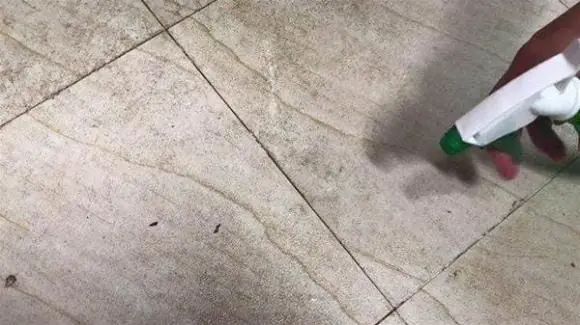
Restore Your Grout Lines with This Easy and Budget-Friendly DIY Cleaning Hack

12-Year-Old's Lifelong Dialysis: 5 Favorite Foods Secretly Damaging Your Kidneys

Eating While Screen-Obsessed? Here Are 4 Hidden Health Risks You’re Ignoring

How to Choose the Sweetest Pineapple: Long Leaves or Short?
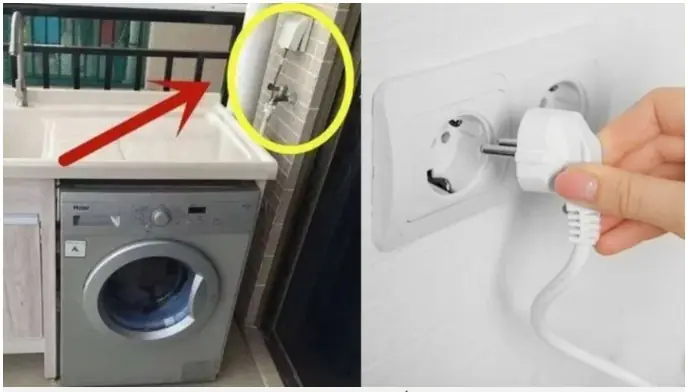
Is It Necessary to Unplug Your Washing Machine After Use

The Hidden Costs of Frost Accumulation in Your Refrigerator: Understanding the Energy Drai

🍎 Why Do Imported Apples Stay Fresh for a Month Without Spoiling?

Top 3 Seat Positions with the Highest Survival Rates in Aviation Emergencie
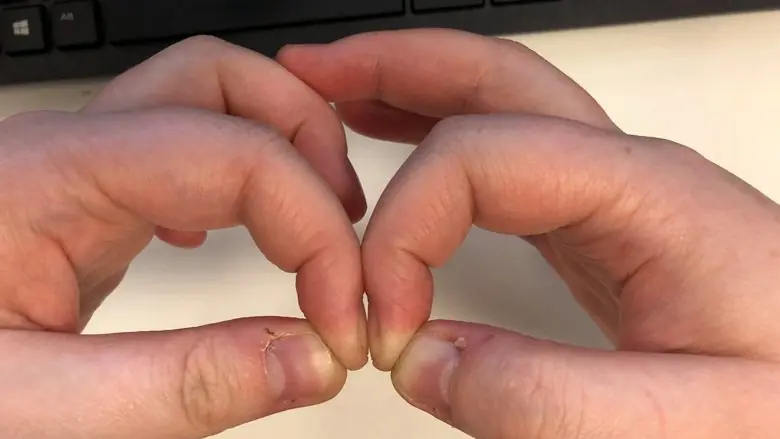
Simple Finger Test Could Reveal Early Signs of Lung C@ncer and Other Health Issues
A simple finger test, known as the Schamroth window test, can help detect signs of lung c@ncer and other health conditions, including heart problems. Learn how to perform this easy test at home.

Start Your Day Right: 5 Foods That Safeguard Your Kidneys and Reduce Uric Acid

The Ultimate Health Blend: Honey, Cinnamon, Turmeric, Apple Cider Vinegar, and Chia Seeds for Better Health
Discover the powerful benefits of honey, cinnamon, turmeric, apple cider vinegar, and chia seeds. Learn how this natural blend can improve digestion, stabilize blood sugar, and enhance bone and heart health.

Revolutionary C@ncer Treatment: Doctors Target Tumors Without Chemotherapy

Why Your Underwear Gets Bleach-Like Stains: Gynecologist Explains the Causes and What It Means for Your Health
Discover why your underwear may have bleach-like stains and why it's completely normal. A gynecologist explains the role of vag!nal discharge and how it can affect your underwear fabric. Learn when to be concerned and how to maintain vag!nal health.
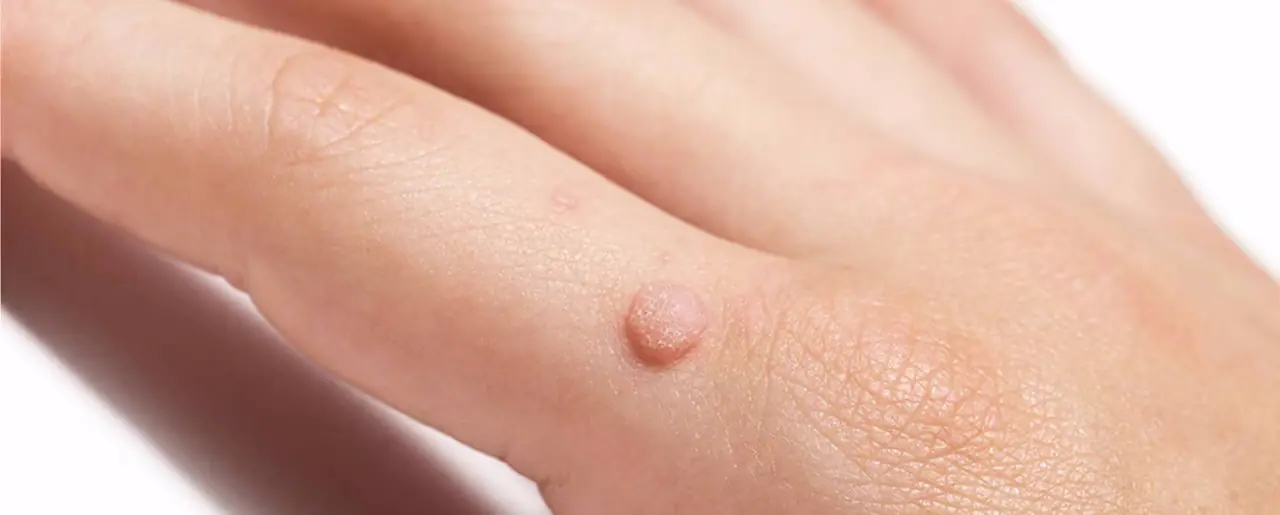
12 Effective Ways to Remove a Wart on Your Finger
Discover effective methods for removing warts on your fingers, from at-home remedies like salicylic acid and duct tape to professional treatments. Learn how to identify, treat, and prevent warts with expert advice.
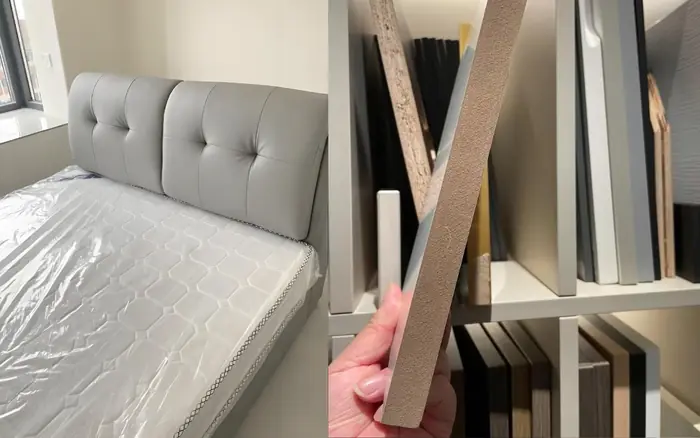
5 Household Items That Harbor Formaldehyde: Hidden Cancer Risks Lurking in Your Home
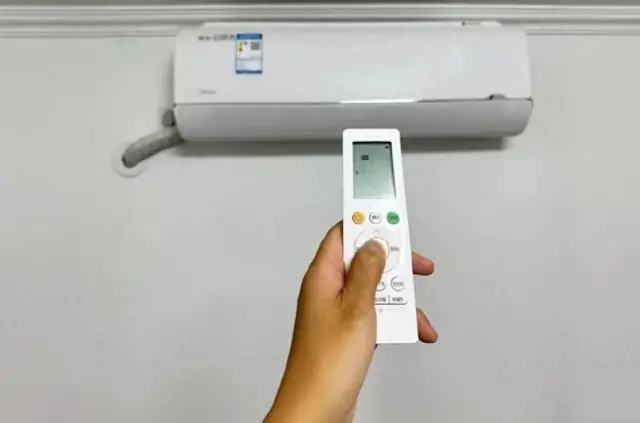
Air Conditioner Efficiency: Continuous Use vs. Frequent Switching
News Post

Is T!kT0k Ru!ning Relationships? How My Girlfriend’s Dream Destr0yed Our Future Together
My girlfriend quit her job to become a T!kT0ker, and I ended up working two jobs to support us. Read how social media dreams can destroy relationships and the heartbreaking consequences of love and sacrifice.

Family Ties Fractured: Sister-in-Law's Cruelty Turns Into a Test of Love
A tense family conflict forces Tina to confront her sister-in-law's cruelty and stand up for her place in her own family, leading to a powerful and emotional realization about love and belonging.

He Wants Me to Change for His Family: The Pain of Feeling Invisible
A woman faces emotional turmoil as her partner pressures her to change her appearance for the sake of his family's approval. In a world where self-love is key, she learns the hard way that true love starts with loving yourself.

Effective Natural Remedy to Reverse Grey Hair and Prevent Future Greying
The onion juice, black seed powder, and henna remedy offers a safe, effective, and affordable way to address grey hair and improve overall hair health.

Garlic Oil for Hair Growth: The Ultimate DIY Hair Treatment for Stronger, Healthier, and Thicker Hair
Garlic oil is a powerful, natural remedy for various hair concerns. Its ability to promote hair growth, reduce dandruff, and strengthen hair makes it an excellent addition to your hair care routine.

Strawberries and Baking Soda for Teeth Whitening: Myth or Miracle? Exploring Natural Alternatives for a Brighter Smile
The potential risks of enamel erosion and the limited whitening power make this DIY remedy a less-than-ideal choice for those looking for long-term, safe, and effective results.

DIY Natural Body Whitening Bath Powders: 4 Effective Recipes for Glowing, Smooth Skin
These simple recipes use natural ingredients that are easily accessible and provide multiple skin benefits, including brightening, exfoliating, and nourishing.

A Family of Three Diagnoses with Liver C@ncer, Doctor Furious as He "Accuses" Two Foods in the Fridge as the Culprits

A couple was both diagnosed with lung cancer, leaving the doctor stunned: "What exactly happened in this house?" It turns out the cause came from here.

Beyond the BuII!e$: How One Girl Stitched Her Way Back to Confidence with Crochet
After facing buIIy!ng for her unique style, a 6th-grade girl found her voice and confidence again through crochet. Discover this inspiring story of artistic triumph, self-expression, and how handmade passion can build an empire, one stitch at a time.

Long vs. Round Eggplants: Which One Should You Choose?

The Heartbre@king Selfie: A Dream Shattered in the Blink of an Eye
On June 12, a family’s dream of a new life in London ended tragically in a plane crash. Discover the emotional story of Pratik Joshi’s family, their dreams, and the reminder that life is fragile.

Restore Your Grout Lines with This Easy and Budget-Friendly DIY Cleaning Hack

12-Year-Old's Lifelong Dialysis: 5 Favorite Foods Secretly Damaging Your Kidneys
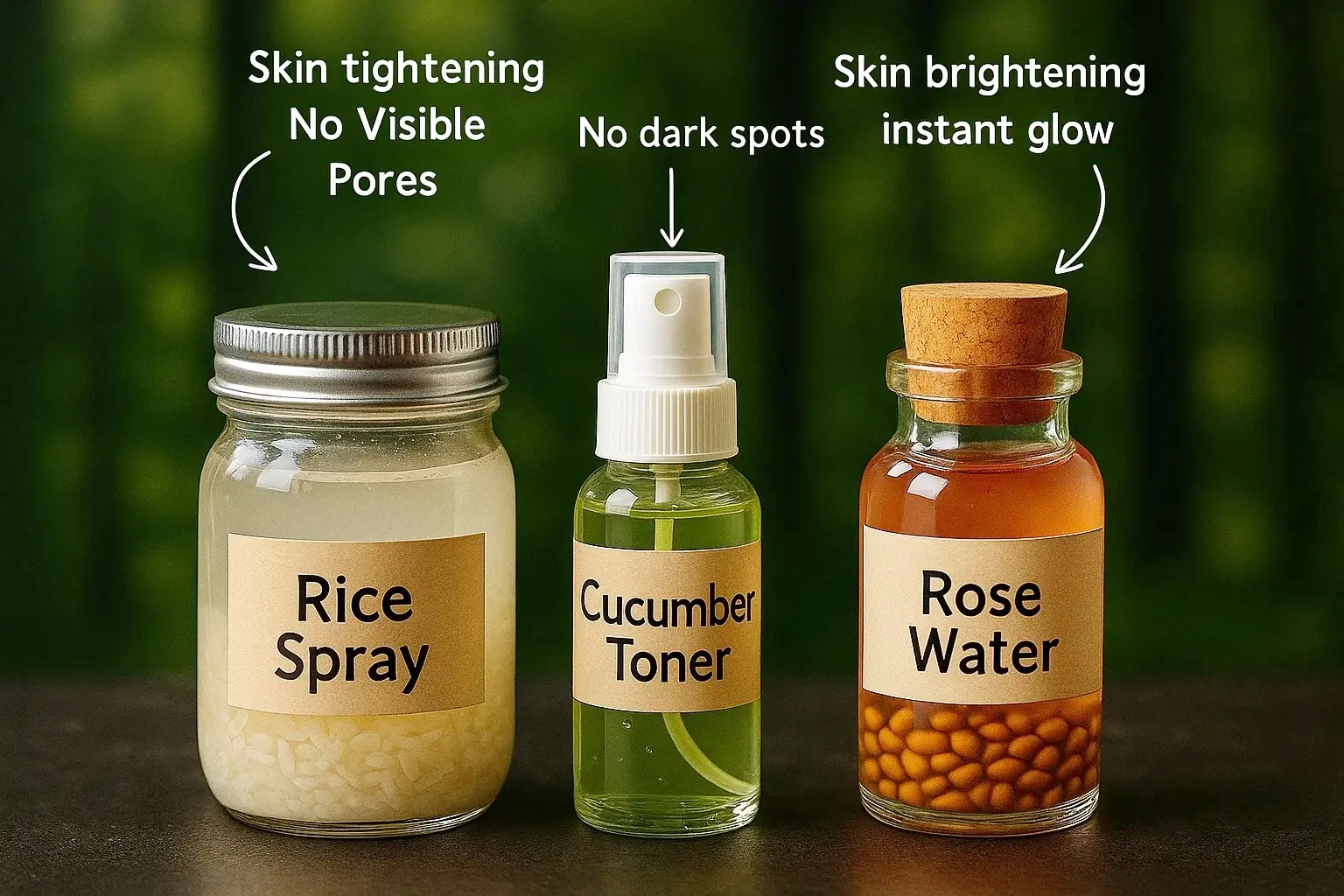
5 DIY Skin Toners for Radiant, Smooth Skin: Natural Remedies for Every Skin Type
By incorporating these simple DIY toners into your daily skincare regimen, you can achieve smoother, clearer, and more radiant skin without the need for expensive products.

Eating While Screen-Obsessed? Here Are 4 Hidden Health Risks You’re Ignoring

Should You Stay or Let Go? How I Realized I Wasn't His First Choice
A heartfelt and emotional journey of love, heartbreak, and self-discovery. When your partner is still hung up on their ex, is it worth fighting for the relationship? Discover the painful truth behind choosing yourself over unrequited love.

Vaseline and Coffee: The Ultimate DIY Skincare Duo to Achieve Wrinkle-Free Skin Naturally
By incorporating these ingredients into your skincare routine through DIY masks and scrubs, you can rejuvenate your skin, reduce the appearance of wrinkles, and achieve a youthful, radiant complexion.

The Flowers that Kept Us Apart: A Love Story Decades in the Making
A woman embarks on a journey to find out the truth behind mysterious flowers sent to her every year, only to uncover a love story that had been hidden for 20 years.

I Found My Husband's Secret Conversations With Another Woman – And What He Told Me Br0ke My Heart
A wife discovers her husband's secret texts with a woman he met at a strip club. What seemed like innocent conversations quickly turns into an affair, and now she has to decide if she can ever trust him again.